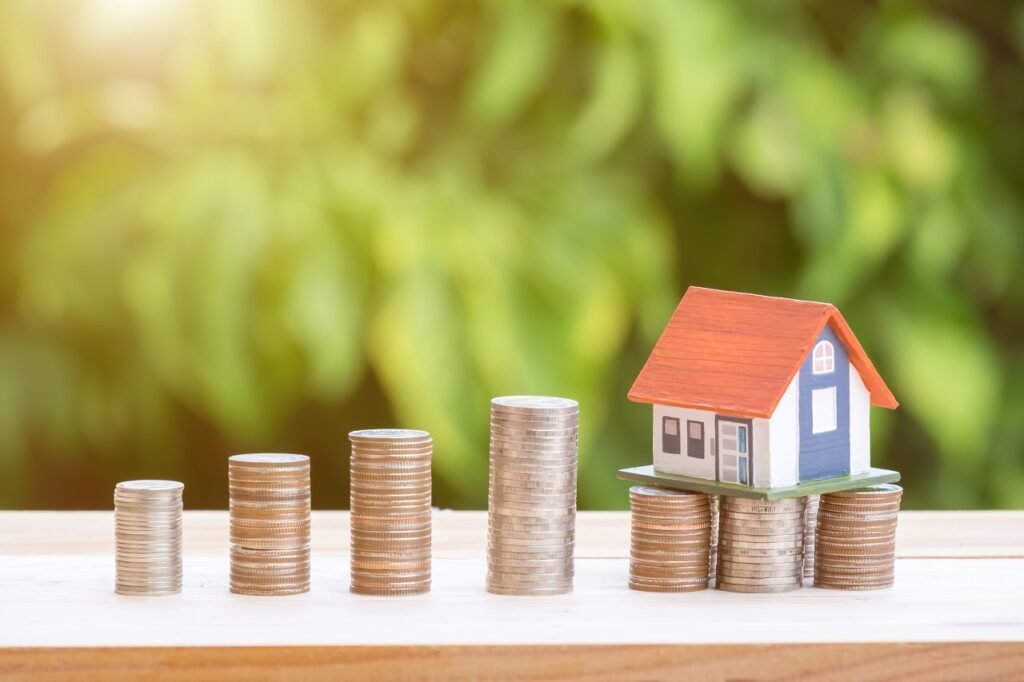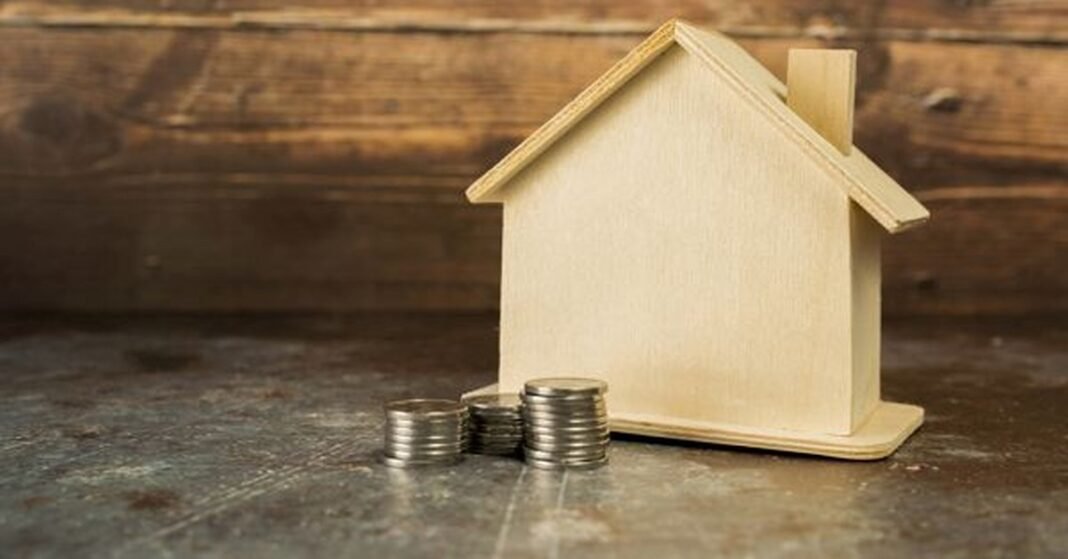In India, income from house property is taxed under the head “Income from House Property”. This income is taxed at the normal rates applicable to your total income. However, there are certain deductions that can be claimed against this income, which can help reduce your tax liability.

What Is Income From House Property?
Income from house property is defined as any rent or other payment received by an individual in respect of any residential property that he or she owns. The income may be in the form of cash, kind, or shares. It is important to note that the Income Tax Act does not consider income from house property as business income.
There are two types of income from house property: let-out property and self-occupied property. Let-out property is when the owner rents out the property to tenants and receives regular payments in return. Self-occupied property is when the owner occupies the property him or herself and does not receive any rental income.
Income from let-out property is taxable under the head ‘Income from House Property’. The gross annual value of the property is first determined, and then a standard deduction of 30% is allowed for expenses such as repairs, insurance, etc. The resulting net annual value is then taxed at the applicable slab rate.
For self-occupied properties, there is no tax liability on the income earned from them. However, a deduction up to Rs 2 lakhs can be claimed for expenses such as interest on home loans, repairs, etc.
How To Calculate Income From House Property?
Assuming you own a house that you rent out, there are a few key things to keep in mind when it comes time to calculate your income from the property. First, you’ll need to take into account your mortgage payments, as well as any other associated costs like insurance, taxes, and repairs. From there, you can calculate your monthly rental income and subtract any expenses to get your net profit.
To get started, gather all of your House Property documents like your mortgage statement, insurance policy, tax bill, and repair receipts. Add up your total monthly mortgage payment amount and divide it by the number of months left on the loan. This will give you your principal and interest payment for the month.
Next, add in any additional monthly costs associated with owning the property like insurance and taxes. Finally, subtract any repair or maintenance costs from the past year from your total monthly income. This will give you your net profit for the house property income calculation.
What Are The Benefits Of Income From House Property?
When it comes to income from house property, there are a number of benefits that come along with it. For starters, this is a form of passive income, meaning that you can earn money without having to put in any active work. Additionally, this can be a great way to generate income if you own a property that you do not live in – you can rent it out and earn money from the tenant’s rent payments.
Another benefit of income from house property is that it is typically considered to be a more stable form of income than other forms of passive income, such as stock dividends. This is because rental payments are often more predictable than stock prices, which can fluctuate wildly. Finally, income from house property can be a great way to diversify your overall investment portfolio, providing you with another stream of potential earnings.
How To File Income From House Property Return?
Assuming that the house property in question is a self-occupied residential property, the following steps need to be taken in order to file an income from house property return:
1. The first step is to calculate the Gross Annual Value (GAV) of the property. This can be done by taking into account factors such as the market value of the property, any municipal taxes that are applicable, and any repairs or maintenance costs incurred over the course of the year.
2. Once the GAV has been calculated, a standard deduction of 30% is applied to arrive at the Net Annual Value (NAV).
3. The next step is to calculate the taxable income from house property. This is done by subtracting any interest paid on loans taken for purchase or construction of the property from the NAV.
4. The final step is to pay tax on the taxable income from house property at the applicable slab rate. For individuals who are below 60 years of age, this rate ranges from 0% to 30%. For senior citizens (aged 60 years and above), there is a 5% concession on tax rates, with the highest rate being 25%.

